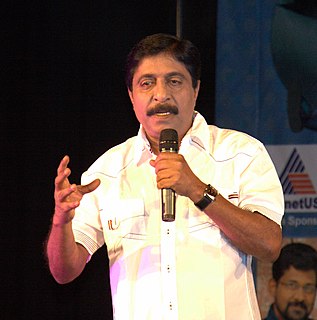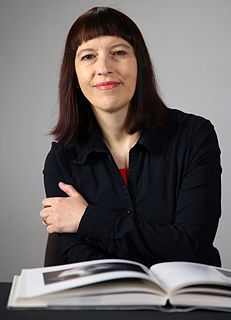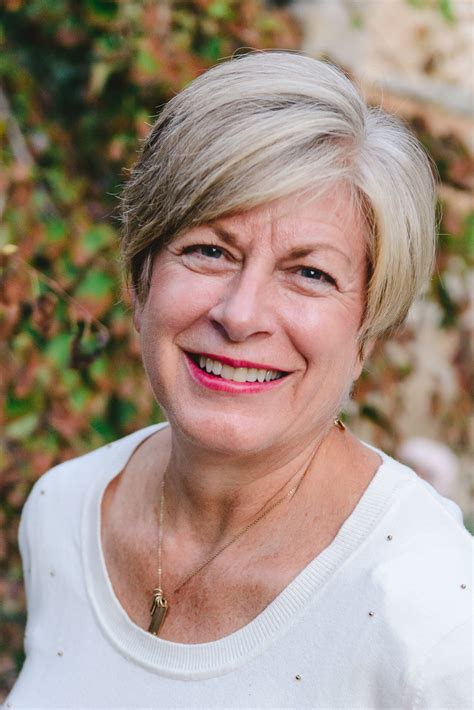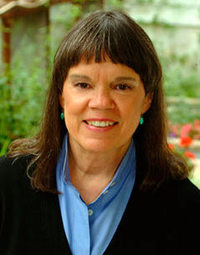A Quote by Sreenivasan
The society will have good children, if the mothers are good. If the mothers lack sense and knowledge, the children may go the wrong way.
Related Quotes
Leaves are usually looked upon as the children of the tree. Yes, they are children of the tree, born from the tree, but they are also mothers of the tree. The leaves combine raw sap, water, and minerals, with sunshine and gas, and convert it into a variegated sap that can nourish the tree. In this way, the leaves become the mother of the tree. We are all children of society, but we are also mothers. We have to nourish society. If we are uprooted from society, we can not trasform it into a more liveable place for us and our children.
The knowledge that you were beaten and that this, as your parents tell you, was for your own good may well be retained (although not always), but the suffering caused by the way you were mistreated will remain unconscious and will later prevent you from empathizing with others. This is why battered children grow up to be mothers and fathers who beat their offspring
Here's the progression. Feminism won; you can have it all; of course you want children; mothers are better at raising children than fathers; of course your children come first; of course you come last; today's children need constant attention, cultivation, and adoration, or they'll become failures and hate you forever; you don't want to fail at that; it's easier for mothers to abandon their work and their dreams than for fathers; you don't want it all anymore (which is good because you can't have it all); who cares about equality, you're too tired; and whoops--here we are in 1954.
In vain are Schools, Academies, and Universities instituted, if loose Principles and licentious habits are impressed upon Children in their earliest years . . . . The Vices and Examples of the Parents cannot be concealed from the Children. How is it possible that Children can have any just Sense of the sacred Obligations of Morality or Religion if, from their earliest Infancy, they learn their Mothers live in habitual Infidelity to their fathers, and their fathers in as constant Infidelity to their Mothers.
Mothers and fathers act in mostly similar ways toward their young children. Psychologists are still highlighting small differencesrather than the overwhelming similarities in parents' behaviors. I think this is a hangover from the 1950s re-emergence of father as a parent. He has to be special. The best summary of the evidence on mothers and fathers with their babies is that young children of both sexes, in most circumstances, like both parents equally well. Fathers, like mothers, are good parents first and gender representatives second.
Mothers who know do less. They permit less of what will not bear good fruit eternally. They allow less media in their homes, less distraction, less activity that draws their children away from their home. Mothers who know are willing to live on less and consume less of the world’s goods in order to spend more time with their children—more time eating together, more time working together, more time reading together, more time talking, laughing, singing, and exemplifying. These mothers choose carefully and do not try to choose it all.
Given Freudian assumptions about the nature of children and the biological predestination of mothers, it is unthinkable for mothers voluntarily to leave their babies in others' care, without guilt about the baby's well-being and a sense of self-deprivation. Mothers need their babies for their own mental health, and babies need their mothers for their mental health--a reciprocal and symbiotic relationship.
Both at-home and working mothers can overmeet their mothering responsibilities. In order to justify their jobs, working mothers can overnurture, overconnect with, and overschedule their children into activities and classes. Similarly, some at-home mothers,... can make at- home mothering into a bigger deal than it is, over stimulating, overeducating, and overwhelming their children with purposeful attention.


































